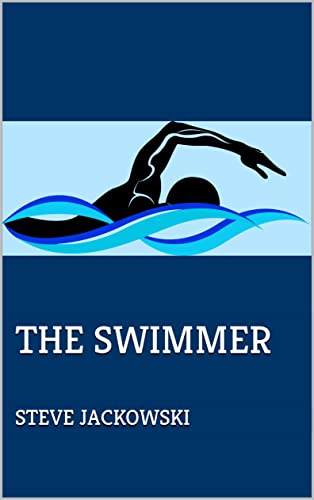
If you saw my blog titled The Impact of Jury Duty after an 8-week Criminal Trial, you know that I had planned to write a novel about the experience. In particular, I wanted to recount the story of the trial from the jurors' perspectives and to show how they suffered through the emotional stress of the trial itself and what was for many, post trial stress disorder.
As the trial began, I was well underway writing a novel called The Misogynist. It's a psychological thriller that includes internet bad guys, a vigilante with a desire to take revenge on manipulative women, a woman psychiatrist who's treating a schizophrenic and another patient who suffers from Borderline Personality, and of course, an intrepid reporter who has to put it all together. I'd written about 50 pages, which let me introduce the main characters, and I had outlined the rest, including countless twists and turns and misdirections.
I put that on hold because the trial hit me really hard. I just didn't have the necessary energy to continue writing after leaving jury duty for the day. My sleep was disrupted with violent nightmares where I'd often wake up screaming, and during my free time, I couldn't get my mind off the trial. Once the trial was over, in some ways it got worse. I won't go into why. So, I figured the best way to purge myself of this obsession would be to write a novel about the experience. But as I mentioned above, I wanted to take a different approach.
There are lots of books and movies about trials. But most, if not all, seem to focus on the victim, the accused, the attorneys, or the case itself. This one, which I'm calling The 15th Juror, would provide a completely different point of view.
I worked with the court to get thousands of pages of the trial transcripts. That, in itself, was more complicated than I'd imagined. And then, as I started writing, I read all of the transcripts in detail. Some of it was very interesting because they included discussions between the judge and the attorneys that took place out of the presence of the jury. There's some juicy stuff there.
This time though, I deviated from my regular writing process.
As strange as it sounds, I don't normally have 'first drafts'. Sure, my first pass needs editing, primarily to catch typos and unfortunate wording. But in each book I've written thus far, I've done the upfront work to flesh out the characters and their motivations, the locations, and virtually every plot twist, along with all the devices I'm going to use (and at which points) to keep the reader involved and ready to turn the next page (as best I can). In other words, by the time I finish my first pass, the book is pretty close to done.
This one was different. I had rough sketches of the jurors (not full portraits), and I had the transcripts. I wanted to stay faithful to the trial and to some degree make the reader feel the impact of the length of the trial. But I didn't really think about my readers.
And so, here I am after 8 months of work. The writing was difficult, and going through the transcripts was even more challenging. I knew it was going to be a real first draft when I started writing, but now, I actually have a first draft in front of me, and it sucks!
It's not that the writing is terrible or that the story is bad, but the fact is, the story just doesn't grab you.
So what am I going to do?
Well, one of the writers' groups I follow regularly posts some variation on "A first draft is like throwing sand in a sandbox from which you'll later build castles." Yeah, right! That's little consolation when you've got 300 pages of sand to deal with.
Other forums suggest that you walk away from your first draft for at least a month.
Okay! I can do that.
In the meantime, I'm back to The Misogynist. And I've got to say, it's a lot of fun. I love laying out subtle clues and misdirecting my reader with personality quirks and events that aren't quite what they seem. I'm writing at a nearly frenetic pace since after 8 months slogging through The 15th Juror, writing The Misogynist is easy. That novel was fully thought out.
And now that I think about it, I recognize that the critical difference between the two books is that with each sentence I write now, I'm focused on the readers (and how I'm going to lead them astray). It's fun! Unfortunately, I didn't do that with The 15th Juror.
So as far as the first draft of The 15th Juror is concerned, I'm just walking away.
I will regain my confidence by writing something I really love. And with luck, in a month or so, I'll come back to The 15th Juror with a fresh perspective and will find a way to take a box full of sand, and build castles.


 RSS Feed
RSS Feed